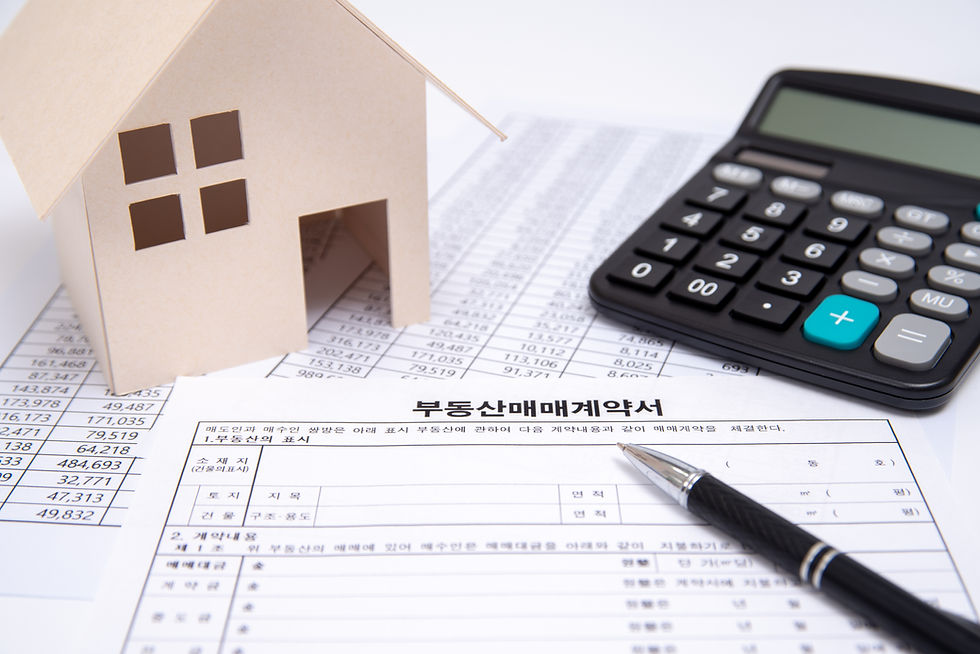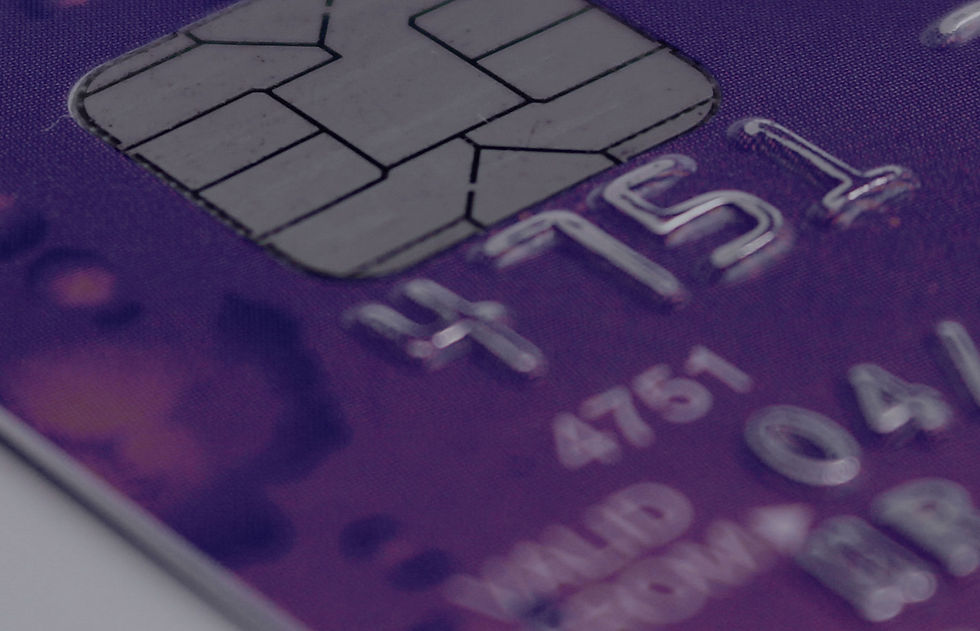what are the Pros and cons of Debt Settlement?

Debt settlement is a process where you negotiate with your creditors to pay off a portion of your debt. This can be done through a third-party company or by working directly with your creditors. There are pros and cons to debt settlement. On the plus side, it can help you reduce the amount of debt you owe and get out of debt faster. On the downside, it can negatively impact your credit score and cost you more in the long run. If you're considering debt settlement, it's important to weigh all the pros and cons before making a decision. This blog post will explore the pros and cons of debt settlement in detail, so you can make an informed decision about what's right for you.
What is Debt Settlement?

Debt settlement is the process of negotiating with your creditors to settle your debt for less than the full amount you owe. This can be an effective way to get out of debt, but it’s important to understand the pros and cons before you decide if it’s right for you. The biggest pro of debt settlement is that it can help you settle your debt for less than you owe. This can be a good solution if you’re struggling to make your payments and are facing a large amount of debt. The biggest con of debt settlement is that it will damage your credit score. This is because when you settle your debt, it will show up on your credit report as a negative mark. This can make it harder to get approved for loans in the future. Another con of debt settlement is that it can be expensive. You may have to pay fees to the company that settles your debt, and these fees can add up. If you’re considering debt settlement, it’s important to weigh the pros and cons carefully. Make sure you understand how it will affect your credit score and financial future before you make a decision.
Pros of Debt Settlement

Debt settlement can be a great way to get out of debt, but it’s not for everyone. There are pros and cons to consider before you decide if debt settlement is the right option for you. The Pros of Debt Settlement: 1. You can get out of debt for less than you owe. 2. You can save money on interest and fees. 3. You can improve your credit score. 4. You can get rid of your debt faster. 5. You can avoid bankruptcy. The Cons of Debt Settlement: 1. Your credit score will take a hit in the short term. 2. You’ll have to save up money to pay off your settlements. 3, Debt settlement companies often charge high fees.. 4, Creditors may not agree to settle your debts.. 5, Settling your debts will add another negative mark to your credit report
Cons of Debt Settlement

There are a few potential downsides to debt settlement that consumers should be aware of before signing up for a program. First, debt settlement can negatively impact your credit score, at least in the short term. This is because when you enroll in a debt settlement program, your creditors will generally report the status of your accounts as "settled for less than the full balance." Second, you may end up paying taxes on the forgiven debt if the amount forgiven is large enough. And finally, you'll likely have to come up with a lump sum of cash to pay off your settlements, which can be difficult for some people.
How to Decide if Debt Settlement is Right for You
Debt settlement is a process of negotiating with your creditors to pay off your debt for less than what you originally owed. This can be a good option if you’re struggling to make your minimum payments, but it’s important to understand the pros and cons before you decide if debt settlement is right for you. The Pros: 1. You can get out of debt for less than what you owe: One of the biggest advantages of debt settlement is that you can settle your debts for less than what you originally owed. This can be a great option if you’re struggling to make your minimum payments. 2. You can get rid of your debt more quickly: Another advantage of debt settlement is that it can help you get rid of your debt more quickly. By settling your debts, you can be debt-free in a shorter period of time than if you were to make monthly payments until the full balance was paid off. 3. You may improve your credit score: Debt settlement could also lead to an improvement in your credit score over time. When you settle a debt, it’s reported as “settled” on your credit report, which is better than “unpaid” or “charged-off.” The Cons: 1. You may end up paying more in the long run: One potential downside of debt settlement is that you may end up paying more in
Alternatives to Debt Settlement

If you're considering debt settlement as a way to get out of debt, you may want to consider some alternatives first. Debt settlement is not right for everyone, and it's important to understand the pros and cons before making a decision. One alternative to debt settlement is debt consolidation. With debt consolidation, you take out a new loan to pay off your existing debts. This can be a good option if you can get a lower interest rate on the new loan than you're paying on your existing debts. Another advantage of debt consolidation is that it can help you get out of debt faster. Another alternative to debt settlement is credit counseling. Credit counseling can help you develop a plan to get out of debt and improve your financial habits. Credit counseling is often less expensive than debt settlement, and it can provide long-term benefits. Before making any decisions about debt settlement, be sure to talk with a financial advisor or other expert who can help you understand your options and make the best decision for your situation.
Can I Get a CPN instead of doing Debt Settlement?
There are a lot of people out there who are struggling with debt. They may have lost their job, been hit with unexpected medical bills, or simply made some poor financial decisions. Whatever the reason, they're now struggling to make ends meet and are looking for ways to get out of debt. One option that some people consider is debt settlement. With debt settlement, you negotiate with your creditors to pay off your debt for less than you owe. It's an attractive option because it can help you get out of debt quickly and for less money than you owe. However, there are also some downsides to debt settlement that you should be aware of before you decide if it's the right option for you. First, it's important to know that debt settlement is not right for everyone. If you have a good credit score and can afford to make at least minimum payments on your debts, then debt settlement is probably not the best option for you. Second, even if you do qualify for debt settlement, there's no guarantee that your creditors will agree to settle your debts for less than you owe. They may demand that you pay more than what you originally agreed to or they may refuse to settle your debts at all. Third, if your creditors do agree to settle your debts, it will likely have a negative impact on your credit score. This is because settling a debt typically involves paying less than the full amount owed, which is considered negative information. it is recommended to obtain a CPN number
debt settlement vs debt consolidation
Debt settlement and debt consolidation are both popular methods for dealing with debt, but they each have their own pros and cons. Debt settlement involves negotiating with your creditors to agree to a lump sum payment that is less than the full amount you owe. This can be a good option if you are unable to make your minimum payments or if you are facing a financial hardship. The downside is that debt settlement can negatively impact your credit score and it may take several years to pay off the debt in full. Debt consolidation involves taking out a new loan to pay off your existing debts. This can be a good option if you have a good credit score and can qualify for a low interest rate. The downside is that you will be extending the length of time it will take to pay off your debt, and you may end up paying more in interest over the long run.
who is a good candidate for Debt settlement?
Debt relief through debt settlement may be a good option for people who: - Have large amounts of debt, such as $10,000 or more in unsecured debt - Owe back taxes - Are behind on mortgage or rent payments - Have student loan debt - Are facing foreclosure - Are dealing with high interest rates - Cannot make the minimum monthly payments on their debts
How does Debt settlement Affect my credit score?

Debt settlement can have a negative effect on your credit score. This is because when you settle a debt, the creditor will report the settlement to the credit bureaus. The account will then be marked as "settled" or "paid as agreed," which can hurt your credit score. Additionally, the amount of the debt that was settled will be reported as a negative mark on your credit report.
Conclusion
There are pros and cons to any kind of debt relief option, and debt settlement is no different. On the plus side, you may be able to settle your debts for less than you originally owed and get out of debt more quickly than if you went through a traditional repayment plan. On the other hand, debt settlement can have a negative impact on your credit score and may not be the best option if you need to keep your good standing with creditors. Ultimately, whether or not debt settlement is right for you will depend on your individual financial situation.

Comments